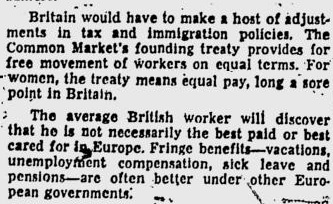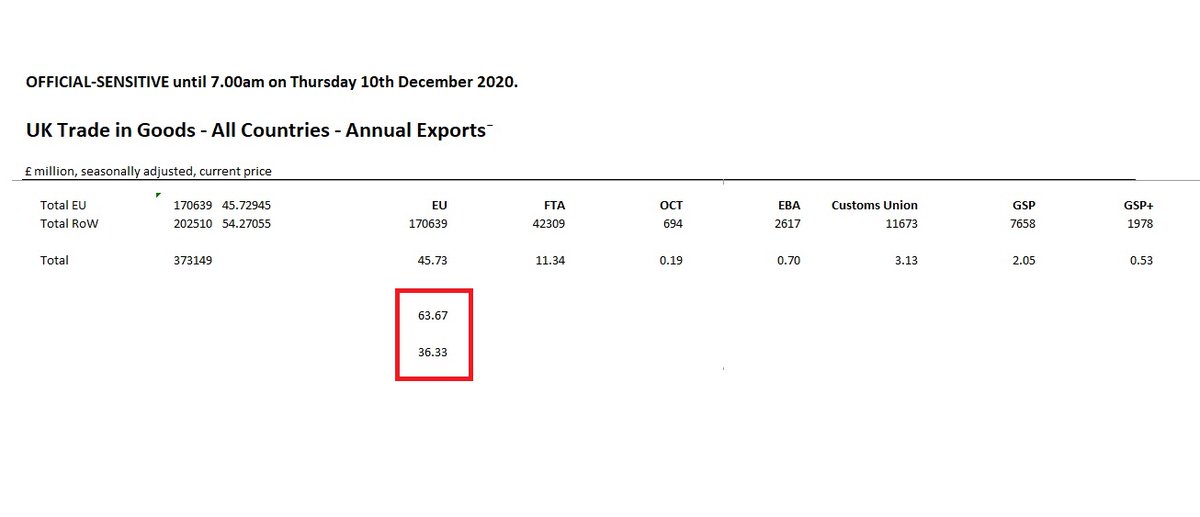
If calling Brexiteers idiots is such a bad thing, why don't the Brexiteer politicians treating them like idiots get similarly castigated?
https://twitter.com/_RobbieMoore/status/1353603468213293056
Or is it Brexiteer politicians who think we're ALL idiots?
https://twitter.com/Otto_English/status/1353710258796060676
Or do Brexiteer politicians get a free pass for treating people as if they are thick and making all Brexiteers look thick, because it allows them play victim when people react and call them thick?
Is this some political genius play where Brexiteer politicians say thick things, people repeat those thick things, they are called thick, and then they build their motivation from the outrage of being called thick?
Or is it just that the Brexit politicians are thick?
Is is possible, so that we can actually work out where we are, if people just stopped saying thick things?
I just think it would help at this point.
And now we're subjected to a chain reaction, because once something thick is out there, the thick thing gets spawned.

https://twitter.com/iainastewart/status/1353748864109596677

Apparently saying thick things, spreading thick things, repeating thick things is fine in the UK, but call someone thick who does that and you get told that's not conducive to winning people around.
At what point is it acceptable to call people thick who consistently say and repeat thick things that are thick?
Instead people are shamed into not calling out people who say things that are thick.
What we should really be doing is shaming those people for saying the thick things they are saying.
The fact we don't is exactly why we have debates with 'due impartiality'.
People in the UK can go onto a television show, and without actually understanding the issues, unleash a torrent of thickness with no fear of being shamed. Instead their views are given the same respect as those that do know what they are talking about.
And if our society is going to sit back and do nothing and allow our progression to be weighed down with meaningless discussions based on completely stupid propositions, then we are thick!
We debated Brexit for over 4 years and now businesses aren't ready and some have suggested surprise at what they have had to do.
How is that reality possible after 4 years?
How is that reality possible after 4 years?
We've known we were going to have an FTA since Boris became PM. That's over a year to have proper discussion about the realities of that trade model.
Instead we've had 4 years debating mindless statements about how we didn't need an Irish sea border, that we had a major hand, that the EU were punishing us, or whatever stupid assertion that was made.
There were people in trade who were having intelligent debates on this, but who was invited to the debate? Dan Hannan, a man so thick he couldn't work out the tariff on Chilean wines after several attempts.
His reward for not calling him thick? For not treating an opinion drawn from the lowest level of factual engagement? He is on a trade advisory panel for the government!
How is this helping us as a country???
How is this helping us as a country???
A nation with a system that elevates the profile of someone who doesn't know about trade into a position where they are advising their country on trade is acting in a particularly thick way.
And that's what this lead to. The UK is thick right now, and it will continue to be thick until it learns to ask the question: "How many times does someone say something that is thick before we actually call them 'thick', and stop inviting them back to ask their opinions?" /End
• • •
Missing some Tweet in this thread? You can try to
force a refresh



